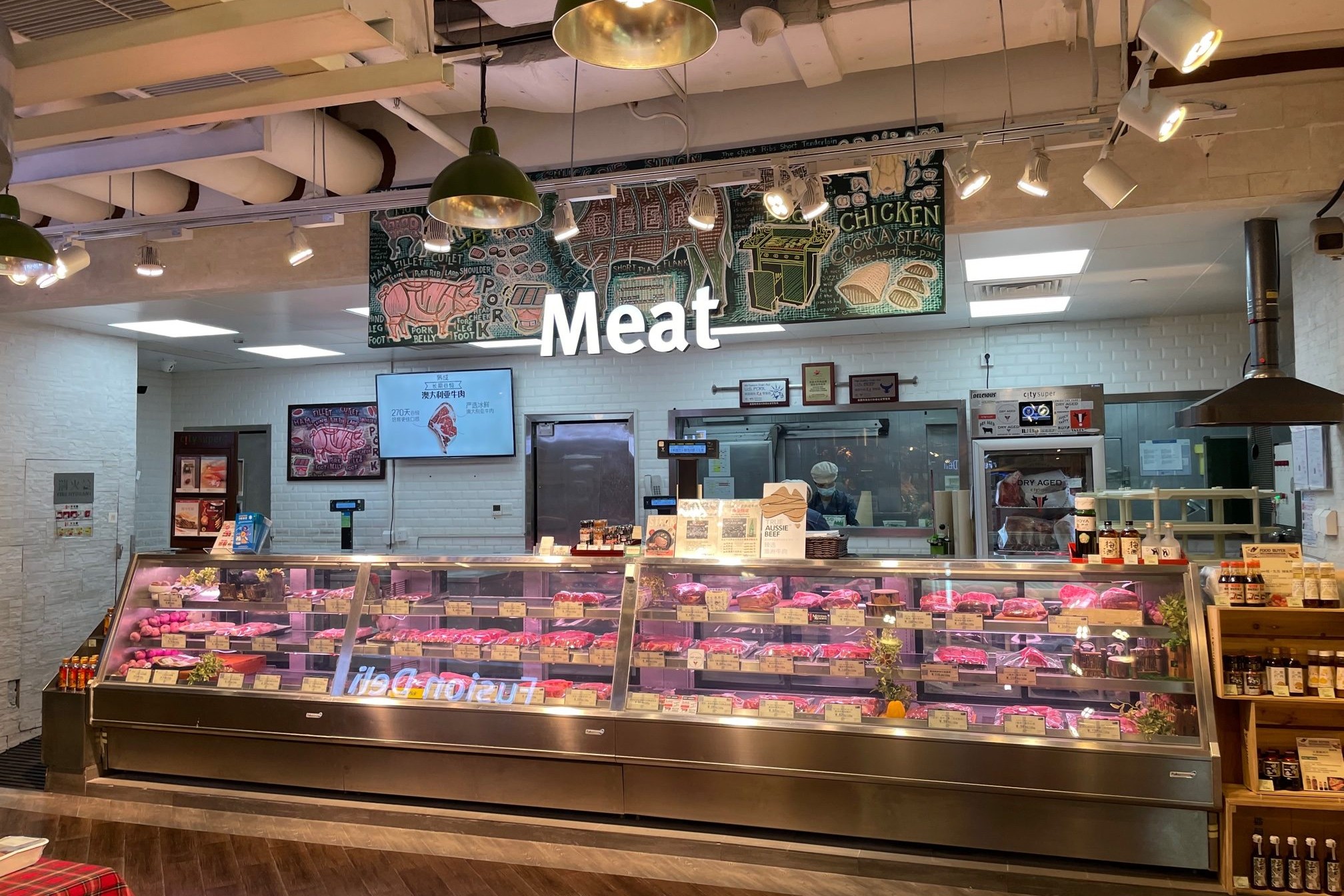It’s from New Zealand and…
Post-Covid-19, country of origin no longer has the cachet it once did for China’s consumers. By Hunter McGregor.

Post-Covid-19, country of origin no longer has the cachet it once did for China’s consumers. By Hunter McGregor.
One of the great things about living and operating a business in China is the speed of change. This creates a lot of challenges and plenty of opportunities. The opportunities are the part I enjoy.
One of the biggest changes I have seen in consumer behaviour during my nearly 14 years of living in China, is the massive change in perception of country of origin. Chinese-made or produced products are now trendy and the imported foreign products are not always seen as better.
When I arrived in China in 2007 it was very clear that most things imported (especially food) were perceived to be far superior to local products. The best example of this at the time was wine. Any imported wine was better than the locally produced wine. Many Chinese consumers did not really understand what was good or bad wine.
I remember once going to a bar in a small town in the Ningxia province in 2009. The red carpet was rolled out by the bar owner, as they did not often get many foreign visitors. The owner wanted us to drink some of the most expensive “French” red wine with him.
If someone else was shouting, then it was fine with me. They opened a couple of bottles and then proceeded to ask us which mixer we would like – green tea, coke or sprite? After tasting the wine, it needed some sprite to make it drinkable!
Now the Ningxia region is the home of many very good wineries, which compete well on the international stage. Mixing anything into wine these days is not commonplace, as the evolution of the Chinese wine consumer has now moved well past this. From many well-travelled consumers in the big cities, it’s all about taste, quality and brands.
The Covid-19 environment has pushed forward a preference of local over imported products for many Chinese consumers.
You only need to look at the menus of the top Michelin Star or Black Pearl (local equivalent to Michelin star) restaurants around Shanghai. There is more and more local produce on the menus than in the past. This is led by a major improvement in quality of the local products, and consumers’ willingness to pay for high-quality local products.
When I started selling New Zealand venison (about six years ago) in China, I did think that “Brand New Zealand” got me in the door, and then it was up to me with the product to close the deal. I no longer think this and the market has moved so much everyone is now looking beyond the country of origin.
The Chinese consumer understands the product comes from NZ, but expects to get other benefits by buying these products.
One of the best examples from a NZ company in China doing this is Zespri. The focus is on building that strong brand around the products being healthy. They are one of the leading fruit brands in China and their marketing is not advertising NZ branding.
They do sell kiwifruit from Italy in the NZ off-season but the focus is on health. Also Chinese consumers like sweeter fruit so this is why gold kiwifruit is a good fit for the market. They also have a big team on the ground focusing and understanding the market.
Another good example is the Te Mana Lamb brand, with a focus on product quality. The product is linked back to the production environment but the marketing is also built around the product attributes like high in healthy Omega-3 fats, and the 21-day aging process.
This sounds good, but the key to all of this is the product performance. It must perform on the plate for the chefs at the top end restaurants, and from what I have seen and heard it does this very well.
Brand NZ is always going to give NZ products advantages but this is reducing. The challenge for NZ companies is now to move past a major focus on NZ branding to dig a bit deeper into what the consumer is looking for. This is a major challenge and exciting opportunity I am looking forward to.




